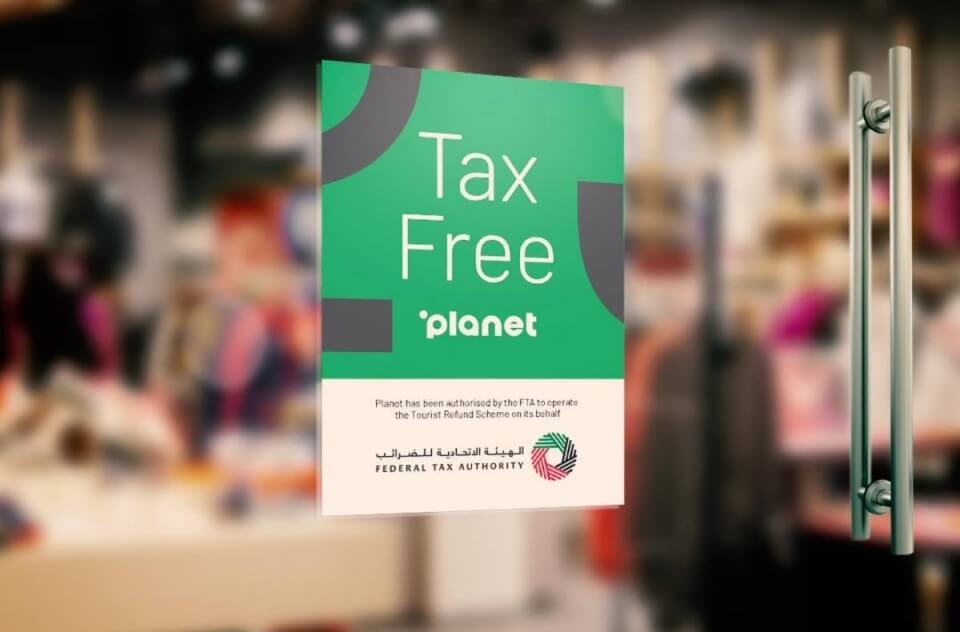Legal blog
UAE Launches World’s First E-Commerce VAT Refund System for Tourists

The UAE Federal Tax Authority (FTA) has unveiled the world’s first VAT refund system tailored for e-commerce purchases by tourists. This landmark initiative strengthens the UAE’s position as a global leader in innovation, digital governance, and tourism excellence. Announced by FTA Director General Khalid Ali Al Bustani, the system simplifies VAT refund processes, providing an efficient and seamless experience for tourists.
Key Benefits
- Boosting Tourism and Retail: Streamlined VAT refunds encourage greater tourist spending, driving growth in retail and hospitality.
- Digital Leadership: This innovation reinforces the UAE’s reputation as a pioneer in smart governance and technology.
- Economic Diversification: Supporting non-oil sectors like e-commerce and tourism aligns with the UAE’s long-term sustainability goals.
How It Works
Tourists aged 18+ purchasing goods worth AED 250 or more from FTA-registered platforms can claim refunds through a secure, user-friendly portal. Refunds are capped at AED 35,000 and must be requested within one year.
Challenges Addressed
The FTA aims to enhance awareness with multilingual campaigns and ensure system reliability with robust cybersecurity measures.
Conclusion
The launch of this innovative system highlights the UAE’s commitment to creating a seamless and enriching experience for visitors while fostering its digital economy. By merging cutting-edge technology with strategic economic goals, the UAE continues to set a benchmark for others to follow.
This initiative is more than just a tax refund mechanism—it’s a statement of leadership in the global shift toward digital transformation and economic diversification. The UAE exemplifies how embracing innovation can deliver practical solutions that benefit tourists, businesses, and the broader economy alike.
Written by:
Sara Alsaedi | Sara Alsaedi Advocates and Legal Consultants
Currently, there is no information to display in this section.

This publication is for general information purposes only. It does not purport to provide comprehensive full legal or other advice.
Legal Advice Middle East and the contributors accept no responsibility for losses that may arise from reliance upon information contained in this publication. This publication is intended to give an indication of legal issues upon which you may need advice.
Full legal advice should be taken in due course from a qualified professional when dealing with specific situations.
